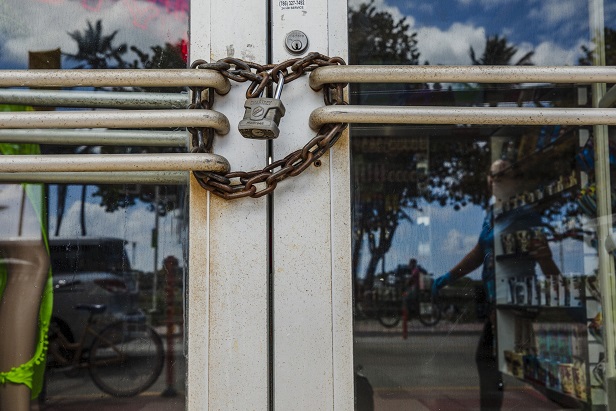
In these slides, 5 industry leaders tell what they're seeing right now regarding COVID-19's impact on retirement plans and plan sponsors.
Currently the key to saving tens of thousands of retirement plans lies in one program within the CARES Act -- see the article below for more about the PPP. (Photo: Bloomberg)
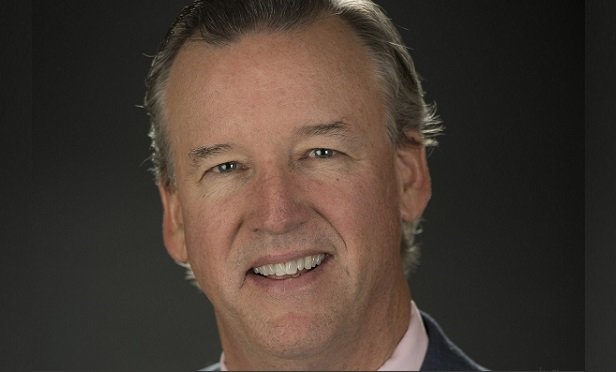
1. Ed Murphy, president and CEO of Empower Retirement
“Empower serves individuals across the economy and at all income levels. Some will need every ounce of support that we can offer them,” Murphy said in a statement. “We’re all in this together and we will need to offer a helping hand where it’s needed.”
Empower was the first service provider to waive fees on plan loans.
“We must do everything we can to accommodate the immediate financial needs of our customers,” added. “Some are already in financial distress right now and need access to their retirement savings to support their loved ones. We are taking these steps to help those families.”

2. Robyn Credico, defined contribution consulting leader, Willis Towers Watson
“Most employers are asking questions, but hardly anyone has done anything yet,” said Credico, a consultant to large plan sponsors.
The impact of the CARES Act on loan activity hasn’t been felt yet, she said.
“We are getting some inquiries about possibly freezing or suspending matching contributions. Clearly, you have to look at which organizations are financially stressed and which are not,” added Credico.
The restaurant, travel, entertainment industries have been largely shut down, as have providers of elective health care.
“When we look at those sponsors that have made public announcements, and those making inquiries, they tend to be in the most stressed sectors of the economy,” she said.

3. David Musto, president and CEO, Ascensus
Ascensus is a leading recordkeeper to small and midsized retirement plans.
“Ascensus is working hard with plan sponsors to help them address their immediate financial needs while continuing to support their employees’ long-term retirement security goals,” Musto said in an email.
“Among the things that we discuss are how plan expenses and company contributions are funded, how plan expenses are allocated, and what plan design alternatives could be explored. Above all else, we want to help our clients—and small businesses in particular—keep their plans intact for the American workforce,” he added.
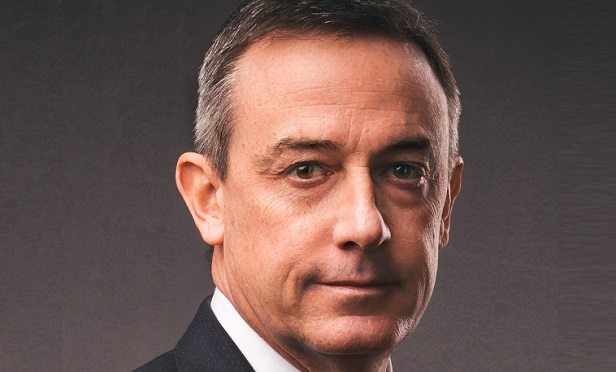
4. Jerry Patterson, senior vp of retirement and income solutions, The Principal
“In certain sectors, the sense of urgency around cost reductions is extreme and we are beginning to receive requests for changes and plan amendments designed to help reduce cost--think small businesses with limited cushion, brick and mortar retail, and hotels,” said Patterson in an email.
“In other sectors that are not impacted as severely--certain packaged goods, certain services--we are not sensing the same level of urgency – yet,” he added.
Patterson said for some businesses, the relief in the CARES Act may be enough to see them through the interim period. Those sponsors are looking to reduce, stretch, or suspend matches to 401(k)s, shift recordkeeping costs from the employer to the plan, and looking to electronic disclosures and eliminating the cost of onsite education meetings.
Most participants—98 percent—are staying put and trying to ride out the storm. When they do change allocations, they are moving from equities to fixed income, said Patterson.

5. Nathan Voris, managing director, Schwab Retirement Plan Services
“Plan terminations have not been raised among our client base,” said Voris.
About 10 percent of Schwab’s sponsor clients have inquired about their plan match, but less than 1 percent have implemented a match delay, he said.
“We’re laser-focused on navigating our participants through the market volatility and making sure we are implementing the CARES Act appropriately,” added Voris, who said Schwab has yet to see a wave of loan requests, and which could be weeks out still.
By Tuesday, April 7, banks around the country had processed $70 billion in coronavirus-prompted loans to a quarter million small businesses through the Paycheck Protection Program, which will channel $349 billion in low interest loans to businesses with 500 or fewer employees, President Trump said at his daily press conference.
Related: How to help your clients understand the CARES Act: Paycheck Protection Program
By Wednesday morning, 3,500 banks had signed up with the Small Business Administration to issue loans, nearly twice the authorized lenders through the SBA just last week.
Still, glitches are being reported. The program is critical for the retirement industry; if it can keep small and midsized businesses from shuttering, it could spare tens of thousands of retirement plans from terminating.
Demand for the loans is so great that legislation is being prepared to issue another $250 billion in accessible loans.
“I want to assure all small businesses out there—we will not run out of money. If you don’t get a loan this week, you will get a loan next week or the following week,” Treasury Secretary Steven Mnuchin told CNBC Wednesday morning. “The money will be there.”
The PPP is part of the CARES Act, which also includes new relief for hardship distributions and loans from 401(k) plans, and waived required minimum distributions from qualified retirement plans for 2020.
Mercifully, the sources we are speaking with are not reporting vast plan terminations—yet. Nor are early 401(k) withdrawals being made en masse—yet.
READ MORE:




 Home
Home







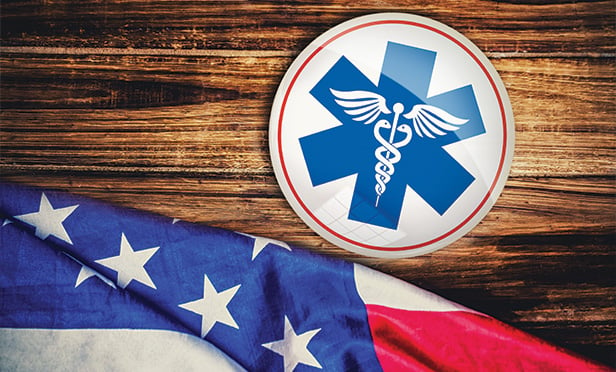
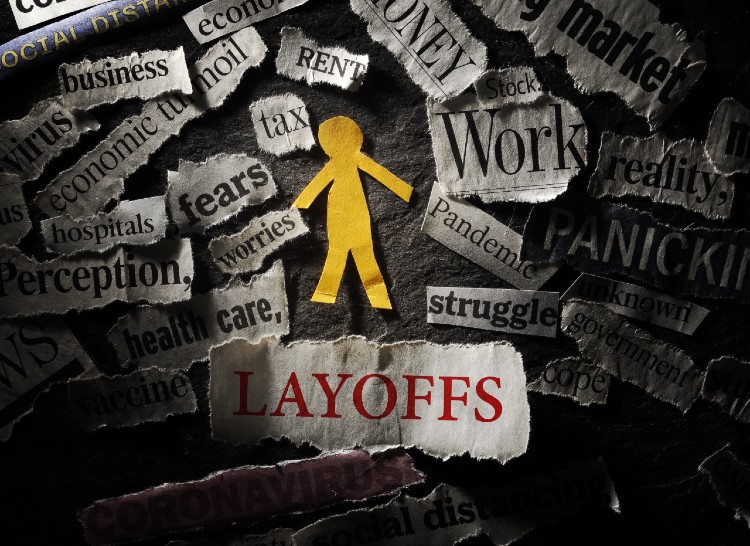





 Copyright © 2025 ALM Global, LLC. All Rights Reserved.
Copyright © 2025 ALM Global, LLC. All Rights Reserved.